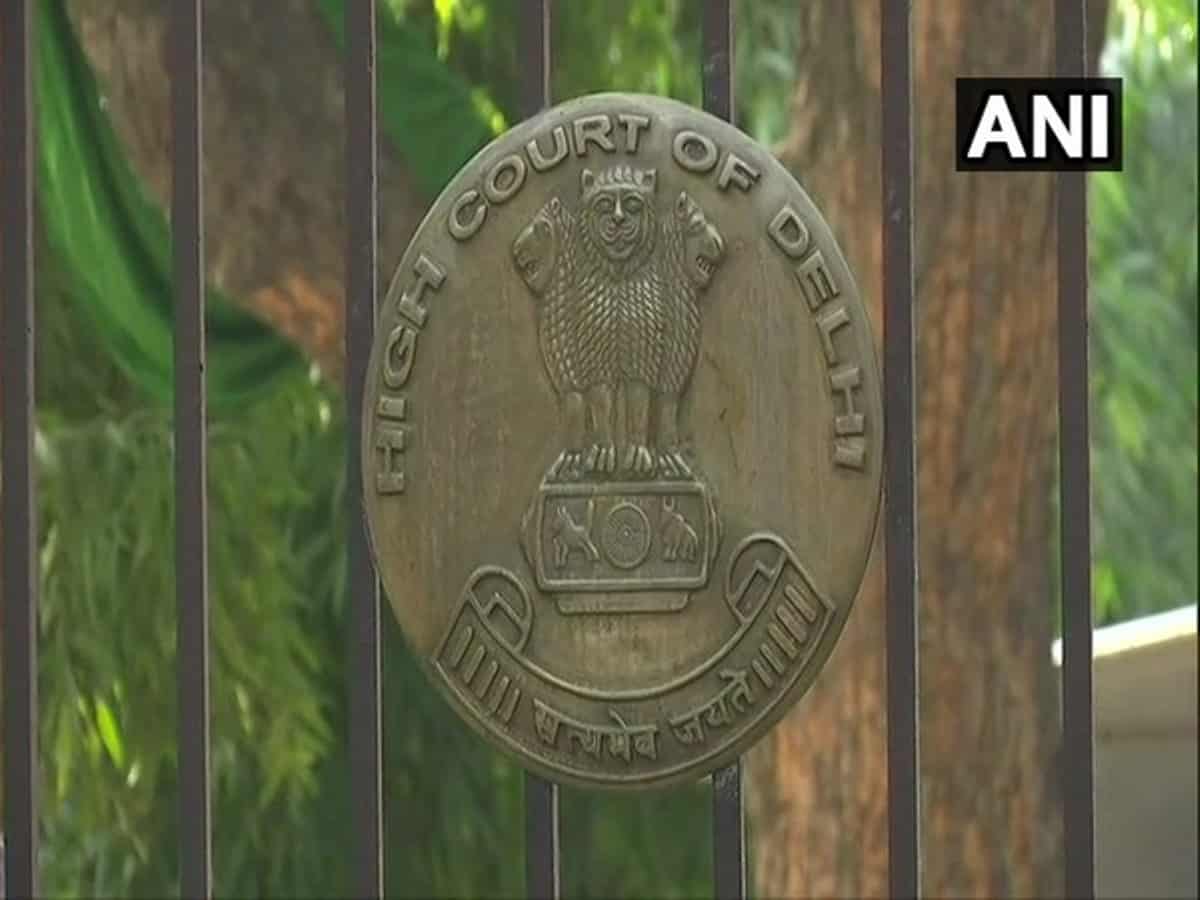
New Delhi: The Delhi High Court said on Friday that before granting further extension to a probe agency to complete investigation in a case lodged under the anti-terror law, a special court has to apply its mind to ascertain the reasonable time required and extend the period of custody of accused for a period up to 90 days.
The high court said the report of public prosecutor is not required to be provided to the accused at the stage of grant of extension of remand for continued investigation.
However, the “accused cannot be a silent spectator” and the special court would be required to take into consideration his submissions while examining the report regarding the progress of investigation and the reasons for seeking further detention for continued probe, it said.
“As regards the issue whenever a report of the public prosecutor is presented for seeking extension of time for investigation beyond 90 days, the special court will apply its mind to find out the reasonable time required to complete the investigation and extend the period of custody for such period upto 90 days…
“Subject to the right of the investigating agency to seek further extension of remand if remand for less than 90 days is granted, based on a fresh report of the public prosecutor, upto a maximum of 90 days,” a bench of Justices Mukta Gupta and Anish Dayal said.
The high court said the special court would also be required to satisfy itself from the investigation carried out that there is sufficient material to form a reasonable belief that prima facie an offence under anti-terror law Unlawful Activities (Prevention) Act (UAPA) is made out.
It said no reasons with regard to this will be required to be reflected in the order as the same would entail disclosure of the investigation carried out.
The bench in its 81-page judgement, dealt with the common issues raised in 10 appeals regarding the validity of extension of the period of detention beyond 90 days under Section 43D(2)(b) of the Unlawful Activities (Prevention) Act, 1967.
In these cases, the period of detention of the accused and investigation was extended from 90 days to 180 days.
Section 43 D (2) of the anti-terror law grants 90 days to the investigating agency to complete its probe and file the charge sheet. It, however, states if it is not possible to complete the investigation within that period, the court concerned may extend the deadline up to 180 days.
The high court said the essential requirements to be seen by the special court while extending the remand of the accused to complete the investigation include reasons evidencing the personal satisfaction of the public prosecutor regarding the progress of investigation made.
The other two requirements are “reasons indicating why the investigation could not be completed within the period of 90 days and further investigation required to be carried out for which extended period of time is necessary”.
All these three essential ingredients must form part of the public prosecutor’s report, based on which the special court will arrive at the satisfaction to extend the period of remand, the bench said.
The high court dismissed several of the appeals including those of accused Zeeshan Qamar, Mizha Siddeeque and Shifa Haris who had challenged the special court’s orders granting extension of time for investigation and remand, leading to continued detention.
It, however, granted default bail to accused Mushab Anwar and Dr. Rahees Rasheed and directed that they be released on bail on furnishing a personal bond of Rs 1 lakh with two sureties of the like amount.
The high court was informed that accused Mohd. Manan Dar has already been granted bail by the trial court.
